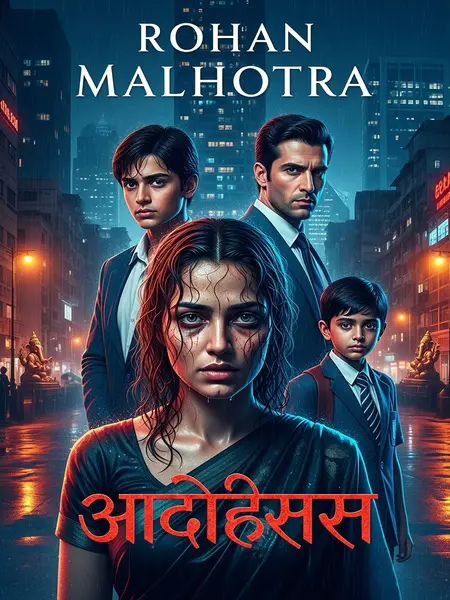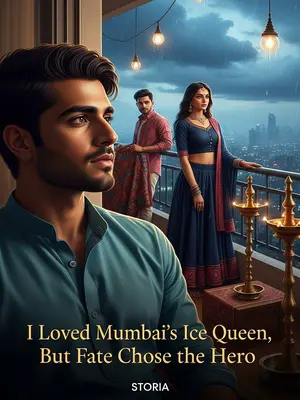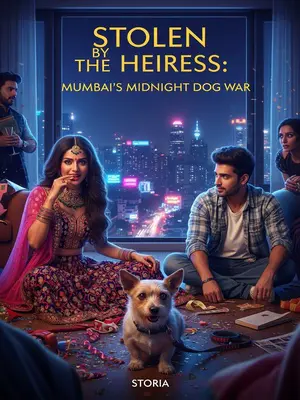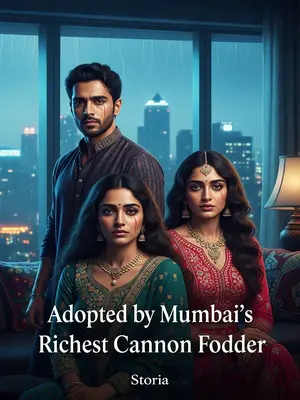Chapter 6: Painkillers and Power Plays
11
After working at the bookstore for nearly a month, when my injuries had almost healed, I saw Rohan Malhotra again by accident.
At 11 p.m., the bookstore owner asked me to deliver a stack of books to the building across the street.
After several rounds of security checks, I finally entered the building for the first time.
After handing over the books, I was about to leave. The office was quiet—most people had gone home. While waiting for the lift, I heard faint noises at the end of the hall, like someone in terrible pain.
The lift was slow to arrive. I turned and looked down the hallway.
The bullet comments clamoured for me not to meddle, even suggesting I go to the parking garage and wait for Rohan Malhotra to get off work.
But that hoarse, pained sound tugged at me. I stood there for a long moment, then finally walked toward the end of the hall.
As I walked, my sandals slapped softly against the polished floor, echoing in the emptiness. The fluorescent tube lights overhead flickered, adding to the sense of unreality. The pain in that voice—so raw, so human—stirred an ache inside me, a distant memory of nights spent listening to my mother’s stories during thunderstorms, of hands that once soothed feverish brows. I couldn’t turn away.
12
No one expected that the one curled up in the stairwell, under the harsh white tube light, would be Rohan Malhotra himself.
He wore a pure black shirt and trousers, broad-shouldered, imposing—but now, he looked uncharacteristically vulnerable.
When I opened the emergency exit door, he turned around sharply. Sweat beaded his forehead from pain, but his eyes were cold and guarded.
—I’d stumbled into something I shouldn’t have seen.
I froze, but under his gaze, I forced myself to speak. “...Do you need me to call a doctor?”
Rohan Malhotra stared coldly, silent.
I raised my hand, pressing down on the white mask covering my face. Because of my scars, I always wore a mask in public to avoid scaring people.
His gaze was heavy, oppressive.
I was about to back away, but seeing the veins bulging on his forehead, his lips pale from pain, I felt a sudden pang of pity.
So I stepped forward and took out the painkillers I always carried. Since I couldn’t afford proper treatment for my injuries, I’d gotten used to chewing painkillers when the pain was too much.
Finally, they came in handy.
For a moment, the air between us crackled, thick with suspicion. I felt the weight of his gaze, assessing, dangerous. My hands shook as I held out the tablet, careful not to touch him—everyone knew how the rich hated to be touched by strangers. Still, I pressed the blister pack beside him, my eyes lowered, heart thudding wildly. Somewhere, a gecko chirped in the shadows.





